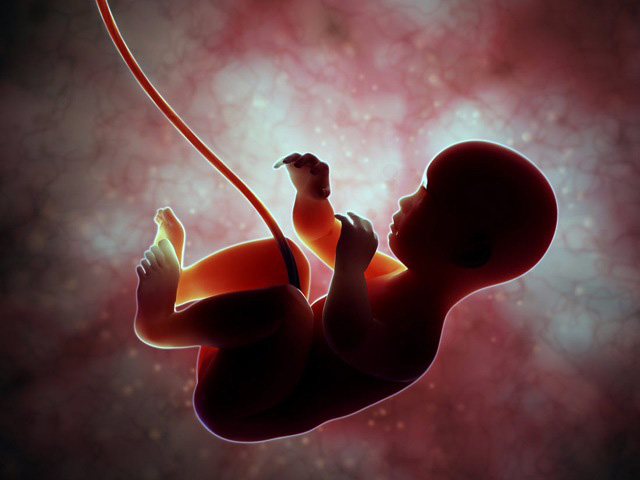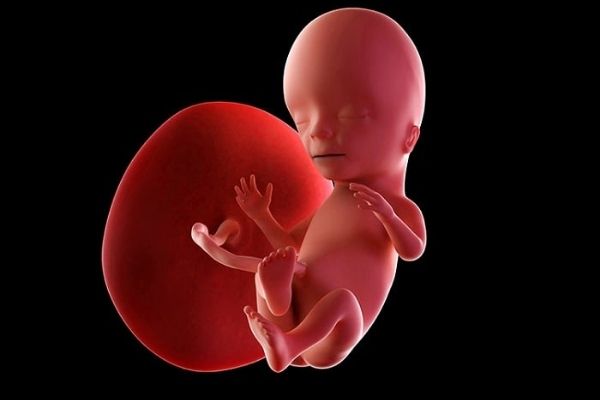Miscarriage, a heartbreaking experience, can happen due to a range of factors, some of which can be identified, while others remain a mystery. It is a deeply distressing event for individuals and couples who have been eagerly awaiting the arrival of their little one. The loss of a pregnancy can bring about a whirlwind of emotions, including sadness, grief, and even guilt. It is important to remember that miscarriage is a common occurrence, affecting approximately 10-20% of known pregnancies.

Several known causes of miscarriage include chromosomal abnormalities, which can lead to the fetus not developing properly. These abnormalities are often due to random genetic errors during the formation of sperm or eggs. Maternal health conditions, such as diabetes, high blood pressure, or autoimmune disorders, can also increase the risk of miscarriage. Infections, both systemic and uterine, can contribute to pregnancy loss. Structural abnormalities of the uterus, hormonal imbalances, and certain medications can also play a role.

In some cases, despite thorough medical investigations, the cause of miscarriage remains unknown. This can be frustrating and disheartening for those seeking answers and closure. The emotional impact of miscarriage cannot be understated. The loss of a pregnancy can bring about feelings of grief, loss, and a sense of emptiness. It is essential for individuals and couples to allow themselves to grieve and seek support from loved ones, healthcare professionals, or support groups during this challenging time.

Dealing with the emotional aftermath of a miscarriage requires patience, self-care, and support. It is important to give yourself permission to grieve and process your emotions. Talking to a trusted friend, partner, or counselor can provide an outlet for expressing your feelings and seeking comfort. Taking care of your physical and mental





